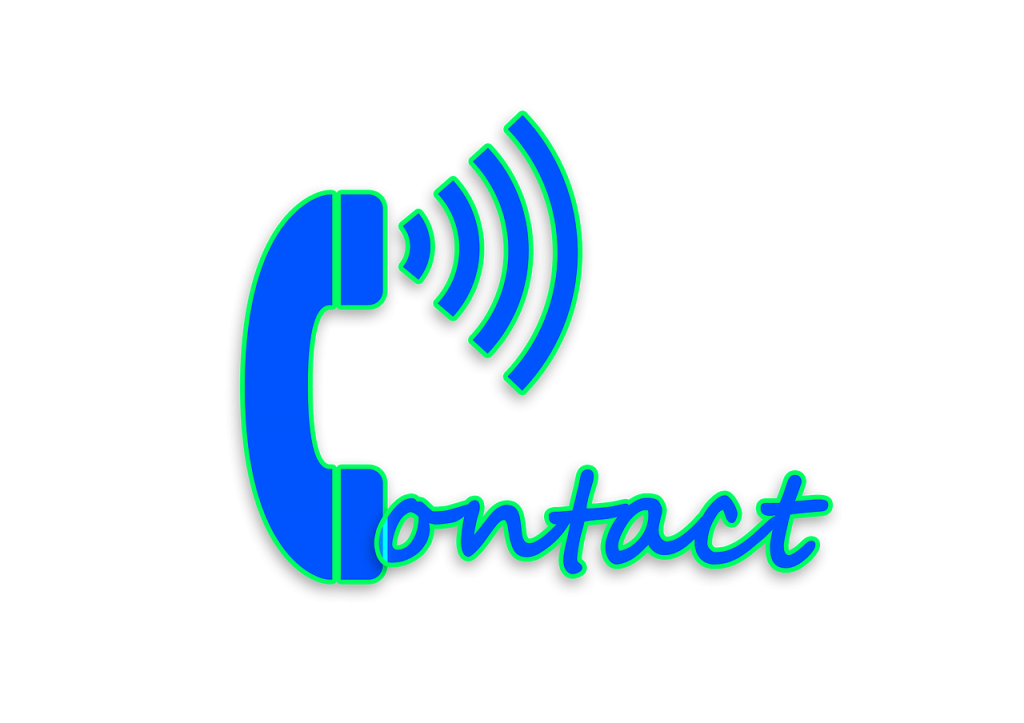One vital measure for all call centers looking for improvement is call monitoring. This is a simple process that produces multiple results for companies. If done regularly, call monitoring can help identify and address problems, maintain standards of quality, increase agent performance, and enhance the overall customer experience.

Image credit to geralt on Pixabay
With call monitoring software, supervisors can evaluate the company’s methods, discreetly direct staff, and join or commandeer difficult calls. Overall, call monitoring is a great way to improve the quality of conversations between agents and customers to everyone’s benefits.
Why Calls Should Be Monitored
Let us observe in more detail why calls should be monitored. Here are three most important reasons.
Measuring Agent Performance
Call monitoring answers some important question: How good is the customer service that your company provides? Are your agents delivering great service? Call monitoring enables valuable insight into how well agents perform, especially due to the fact that they aren’t aware they’re being listened to. Call center management is thus able to identify both good and bad calls, and use either as examples.
So, call monitoring helps define what constitutes quality conversations and institute measures to achieve exceptional customer service. Overall, the collected data can be used to improve the performance of each agent and, consequently, the entire team.
Evaluating Customer Experience

Image credit to NEC on Flickr
Sometimes customers are unsatisfied with a call due to various reasons – they might have been left on hold, transferred multiple times, or never had their problems resolved. The point is that agents aren’t responsible for any of these issues. In fact, agents can do their jobs perfectly, and customers can still have negative experiences.
Precisely because of this reason, it is important to evaluate customer experience as well as agent performance. As the mentioned scenarios indicate, it is possible that customers’ experiences have nothing to do with agents’ performance, but everything to do with call center processes. Call monitoring can help detect problems in those processes and contribute to a better understanding of customers’ needs. When those problems are detected, they can be resolved. Resolving issues ensures a greater potential for positive conversations in the future.
Developing Scorecards
Another reason why calls should be monitored is to develop different scorecards, such as the “quality assurance score” for agents. Such performance metrics need to be applicable to everyone in the same job role. Some of the measured criteria may be quality assurance standards, total sales, conversion rates, or any other measures that reflect company policies and objectives. They should also be applied impartially and reviewed frequently to meet changing standards or circumstances.
Generally, scoreboards enable evaluation and provide data-driven feedback that is helpful for further agent training and improvement. The final aim is to improve the performance of not only an agent but the entire company.
Here are some questions companies can ask themselves when designing scoreboards:
- Are we assessing important behaviors?
- Can we develop an actionable plan from these results?
- Can these results be communicated effectively to both employees and executives?
- Do these scorecards allow us to identify both outstanding service and areas needing improvement?
- Will these scorecards be effective at gauging performance in the majority of situations?
- Can managers be easily taught to fairly and consistently gauge employees using these scorecards?
Now, let us see how those scoreboards can be used to detect whether agents are displaying certain behaviors during the conversations with customers. Those are the following:
Honesty. Does the call center agent give accurate information? Is the agent transferring the call when customer needs are too complex or beyond their skillset?
Attention. Is the agent listening and responding to the caller’s questions and concerns?
Interest. Is the call center agent expressing interest in helping consumers? Does the agent use effective questions to define customer needs?
Effectiveness. Are callers receiving the most appropriate responses and solutions? Is the agent adding value to the customer experience and actually resolving problems?
Empathy. Does the agent display appropriate empathy and appreciation for the caller’s circumstances?
Friendliness. Is the agent welcoming and friendly? Is he/she polite and courteous? Are callers addressed by their names?
Adaptability. Is the agent adapting to caller needs? Or does he/she become confused or hesitant under stressful or unusual circumstances?
Professionalism. Does the agent meet company standards for professional behavior? Does the agent speak clearly and listen patiently, or interrupt the caller?
Customer reaction. How does the customer respond to the agent? Do they appear to be satisfied or become more frustrated?
With call monitoring, it is possible to gain insight into all of this. The results can then be used to boost agent performance, increase customer satisfaction, and improve call center processes. Now, let us see some concrete benefits for all the involved parties.
Advantages of Call Monitoring
For Agents
Call monitoring enables agent training. How? After the call, supervisors and senior personnel can provide tips and suggestions for different scenarios. They can also make note of shortcomings or mistakes and present them later on an individual or group basis as part of the training experience.
Agents can also be trained during live calls. For example, supervisors or senior personnel can take over a call, providing a faster and more realistic learning experience for the agent who is listening to that call.
With ongoing monitoring, agents can really learn a lot and improve their performance. Not only will their performance be improved, but also their overall level of job satisfaction.
For Customers

Image credit to Peggy_Marco on Pixabay
The primary goal of the call center agent should not be upselling, butimproving customer experience by meeting or exceeding the customer’s expectations.
Building better and more effective conversations based on the evaluation of past performances helps agents provide excellent service and achieve a higher rate of first-contact resolutions.
When agents perform well, customers are happy. It is as simple as that.
For the Company
Call monitoring helps the company management to identify and reduce the causes of customer frustration, such as slow or ineffective responses. The company is also better equipped to uncover and resolve the flaws in processes and procedures.
With call monitoring, the company also gets valuable information for further agent training. Better levels of training and more effective results mean higher employee satisfaction and reduced employee turnover rates.
A company that makes both its employees and customers happy is a company that makes profit.
Our Solution
If you have a busy company with a hectic call center, we can help you make sense of it all. In other words, we offer you effective call monitoring solutions for the purpose of evaluating agents, assessing customer experience, and developing scorecards. Not only do we monitor calls between agents and customers, we also place live calls to call centers in order to see how everything functions and how well your agents perform.
Integrating call monitoring with your business is actually a simple process that produces better methods that increase the level of customer satisfaction. Call monitoring is essential for any business that is interested in improving the quality of its customer service while reducing costs. In short, it is a small investment with huge gains which you should definitely consider.


